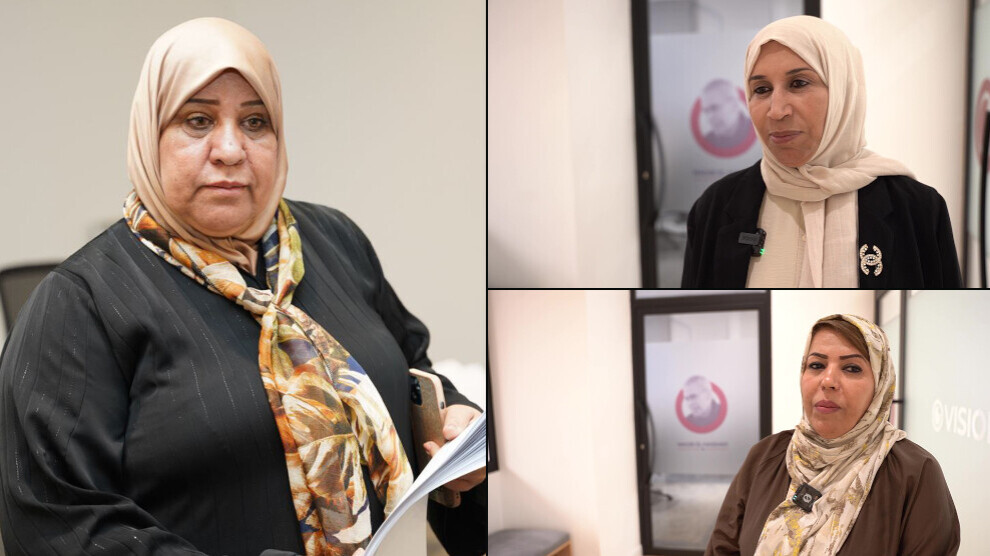Libyan Women at the Heart of Reconciliation: Leadership Roles and Sacrifices for Peace
Amid ongoing marginalization and violence, calls are growing to strengthen the presence of Libyan women in decision-making positions and ensure their meaningful participation in achieving a comprehensive and just national reconciliation.

Hindia AL-Ashibi.
Liby-Despite the political and social challenges facing Libya, women continue to play pivotal roles in conflict resolution and peacebuilding, particularly in areas marked by tribal and factional tensions. Their contributions range from mediation and decision-making to providing psychological and social support, while also fostering values of community peace across generations. Yet, despite these vital roles, women face numerous barriers that hinder their full engagement in peace processes, underscoring the need to enhance their representation in leadership positions to ensure sustainable peace.
Fatima Al-Maadani, Executive Director of the Netaj Organization for Women’s Capacity Development, highlighted the vital role of Libyan women in peace and reconciliation processes. She emphasized their efforts in providing psychological and social support to women affected by conflict, in addition to raising awareness about peace initiatives, particularly UN Security Council Resolution 1325.
Resolution 1325, adopted in 2000, was the first international framework directly addressing women, peace, and security. It aims to ensure women’s participation in decision-making processes related to peace and conflict resolution, tackle sexual violence in conflict settings, and respond to women’s specific needs in post-conflict recovery, thereby promoting gender-responsive peace.
Al-Maadani stressed that Libyan women have historically played active roles in addressing crises and offering solutions. She underscored the importance of raising women’s awareness of their central roles in reconciliation, and called for material and moral support to enable them to carry out these responsibilities. She also urged strengthening civil society organizations to hold workshops for knowledge-sharing across generations, while calling on local and international media to highlight women’s efforts and amplify their voices in peace processes.
She recalled the sacrifices of women who lost their lives for the cause of national reconciliation, most notably prominent human rights activist Salwa Bugaighis, who was assassinated in her home by extremist groups during the country’s years of turmoil—an immense loss for Libya’s peace journey.
Houaida Al-Menfi, President of Tanweer for Comprehensive Development, also stressed the prominent role women play in reconciliation efforts, pointing to their participation in dialogue and negotiation sessions. She emphasized that women’s involvement is essential at every stage of the peace process, noting that ‘there can be no true national reconciliation without women at its core.’
Qadriya Othman Saleh, Chairwoman of the Safat Development Association, argued that women’s participation in peace initiatives requires broad social support and collective efforts to strengthen their effective presence. She called for empowering female leaders who face social barriers, and for expanding awareness programs, training workshops, and both local and international forums to reinforce women’s roles in reconciliation.
She noted that Libyan women have proven themselves as responsible figures, having endured multiple forms of violence, displacement, and loss. She added that men must trust in women’s ability to resolve conflicts, recognizing them as partners and ambassadors of peace.
Othman pointed out that among the Tuareg tribes in southern Libya, women are granted leadership roles, reflecting strong confidence in their wisdom and capacity to resolve disputes. She emphasized the proud history of Libyan women, who contributed to supporting the army and liberating the country from colonial powers, showcasing their enduring national and humanitarian role in building Libya.
